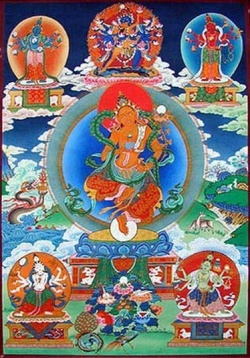Human Beings Are Destined to Die
The only way to overcome death, the greatest suffering that afflicts human beings, is to recognize the law of transience. Gazing unflinchingly at death, let us give thanks for the life we have here and now.
“I was once as you are. Soon you will be as I am.” Those words are inscribed at the entrance to an Italian cemetery. The message is to the living from the dead, and it means that sooner or later we all go to the grave.
Religion teaches us to be grateful for the life we are given, and that at the end of each life is death. From the moment that we are born until the day we die, our life is one of transience. When we think back on people’s lives, we usually think only of how they conducted their lives, but it is death that completes a life. Buddhism conceives of life and death as a single concept. If there is no death, there can be no life: Each is part of the other.
Some people cringe on even hearing the word death. But we should be grateful for life precisely because it is followed by death. Life is fulfilled by our unflinching acceptance of its natural end. No one in human history has ever been immortal. Even Shakyamuni lived only for eighty years. All life is finite. The law of transience emphasizes this fact to us.
According to the Sutra of the Great Decease, just before Shakyamuni’s death he uttered the following words to his disciple Ananda: “Do not grieve. Parting with a loved one is as unavoidable as that the living eventually must die. Apply yourself faithfully, and you should be able to separate yourself from all worldly desire.”
